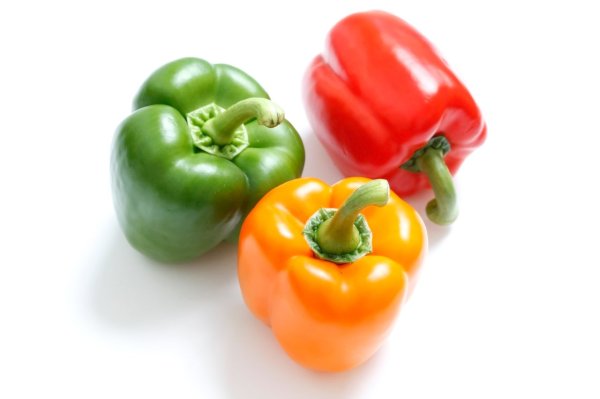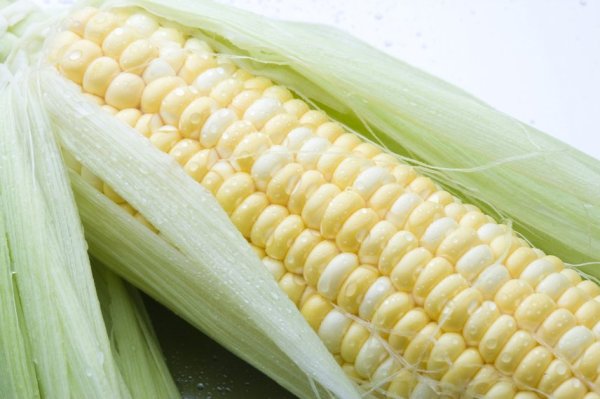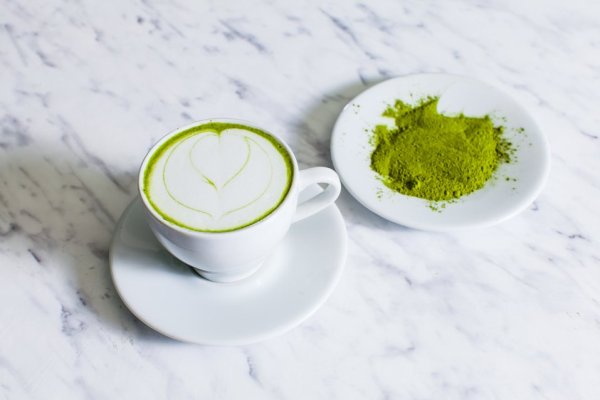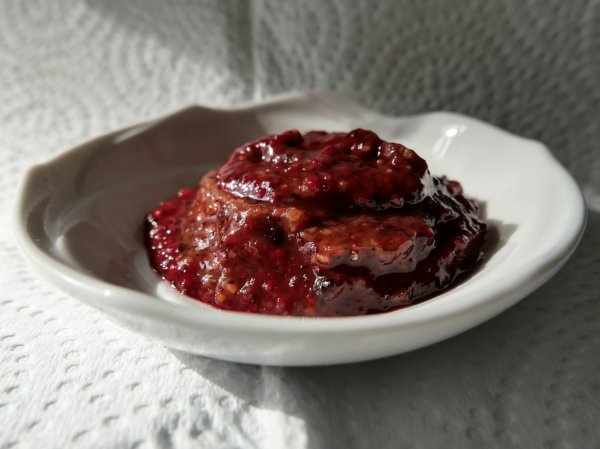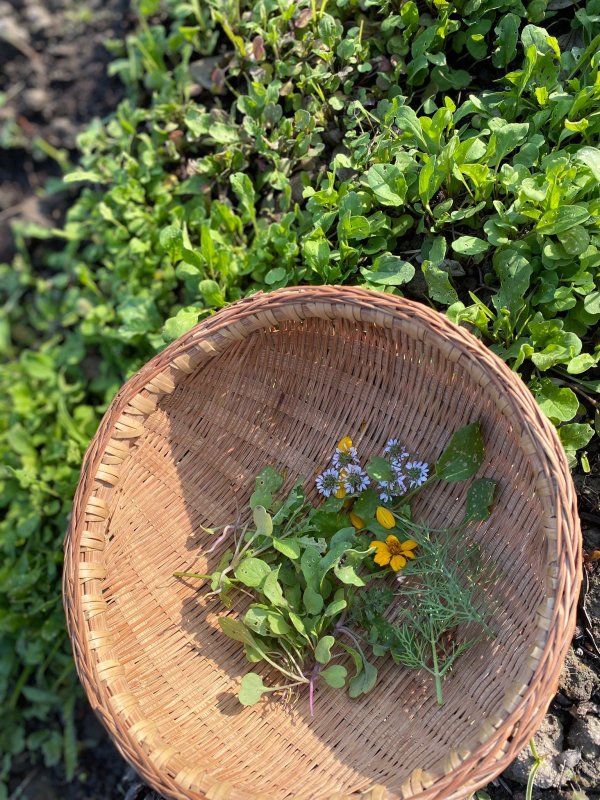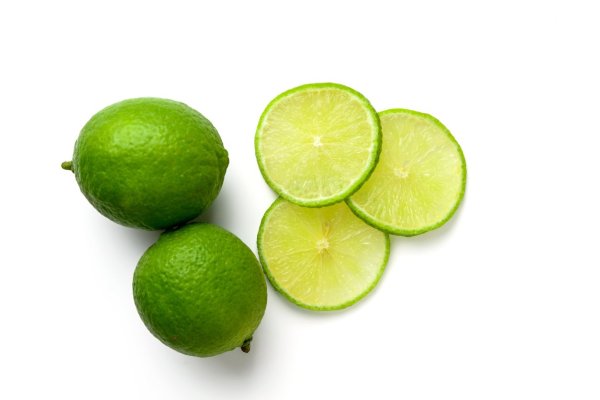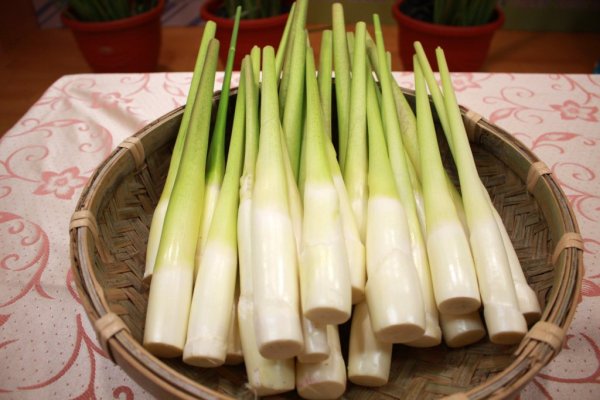Is there any difference if there is more water or less water for cooking noodles? Noodle makers reveal the secret: "Amount of water" is the key to springy noodles!
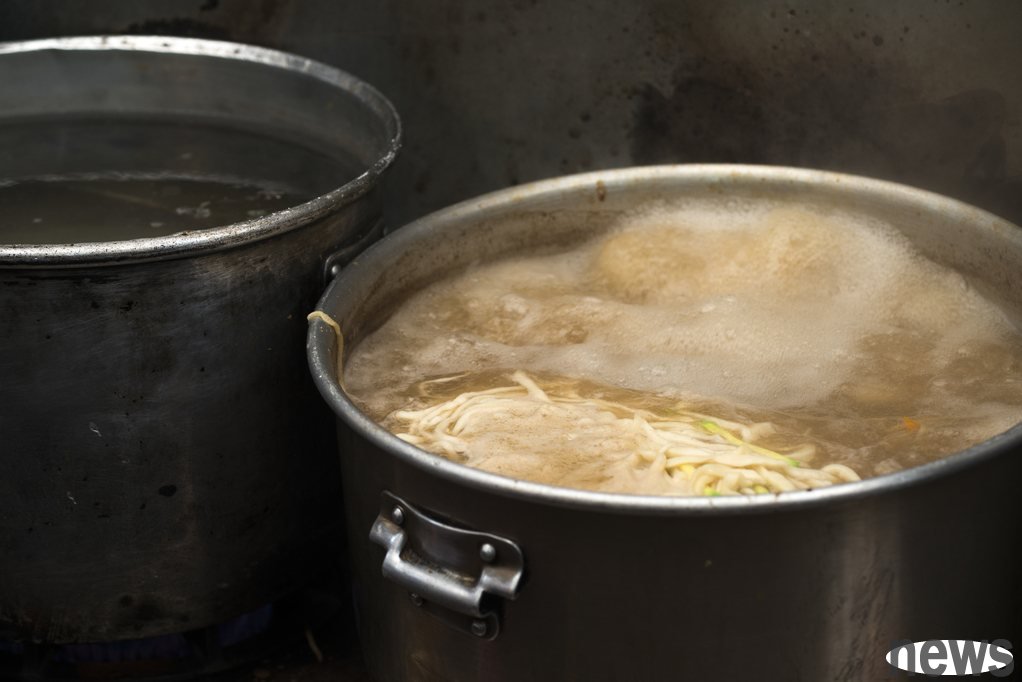
If you want to cook springy and delicious noodles, the amount of water is the key. The industry pointed out that whether you are cooking dry noodles or uncooked noodles, it is recommended to use a large amount of boiling water to cook them so that they can be heated evenly, maintain the water temperature, and have a springy texture without being sticky.
There is a secret to cooking noodles with springy texture.When you are too lazy to cook, cooking noodles is a relatively quick and convenient choice. When cooking noodles by yourself, the amount of water is the key to making them delicious. Nowadays, there are many types of packaged noodles, and market noodle shops also sell fresh raw noodles. The recommended cooking method on the packaging bag usually says "cook in sufficient boiling water for * minutes", but the time varies depending on the type of noodles. The key is to have a little more water.
However, some people think that they can cook with a small amount of water in order to save water and energy. But does it make a difference if you use more or less water to cook the noodles? Indeed there is!
According to "Grapee" report, whether dry noodles or fresh uncooked noodles, they need to be boiled with a large amount of hot water to get the best taste of the noodles.
The Japan National Dry Noodles Cooperative Federation interviewed pointed out that boiling in a large amount of water and convection of hot water in the pot can make the noodles boil evenly. If the amount of hot water is small, convection will not easily occur and uneven boiling may occur.
If you are cooking raw noodles, the noodle manufacturer "Shimadaya Co., Ltd." also recommends using a lot of hot water. If there is too little water, the water temperature will drop instantly when the noodles are added, causing it to take time to boil again. Insufficient temperature will make the noodles difficult to cook, become fragile and breakable, and have a poor taste.
Additional benefits of boiling udon noodles in a large amount of waterThere are also many types of noodles. If you are cooking udon noodles, boiling them in a large amount of water has another effect.
In the process of making udon noodles, salt is used. When cooking, using enough hot water can release the salt in the noodles appropriately, making the noodles taste better. If too little water is used, the salt will not dissolve easily and the noodles will appear too salty or taste bad.
But after the udon noodles are cooked, you can rinse them with cold water. This will not only make the noodles more elastic, but also remove excess salt.
What should I do if the noodles always stick together when cooking?There is usually some flour on the noodles, especially the raw noodles bought in the market, which have more flour. Therefore, there is another question. Some people will find out why the cooked noodles are mushy. How do you cook noodles so they don't stick together?
According to the "Toxic Free Farmer" "Cooking Kitchen", the following methods are recommended to prevent cooked noodles from sticking together.
1. Do not add noodles before the water boils. If the temperature is insufficient, the noodles will easily stick together.
2. Add water in time during the cooking process. The above-mentioned method of adding water can also be avoided.
3. After the noodles are cooked, pick them up and run them through water to wash away the sticky starch.
4. Immediately after taking it out, stir in a little oil so that the noodles will not stick together.


